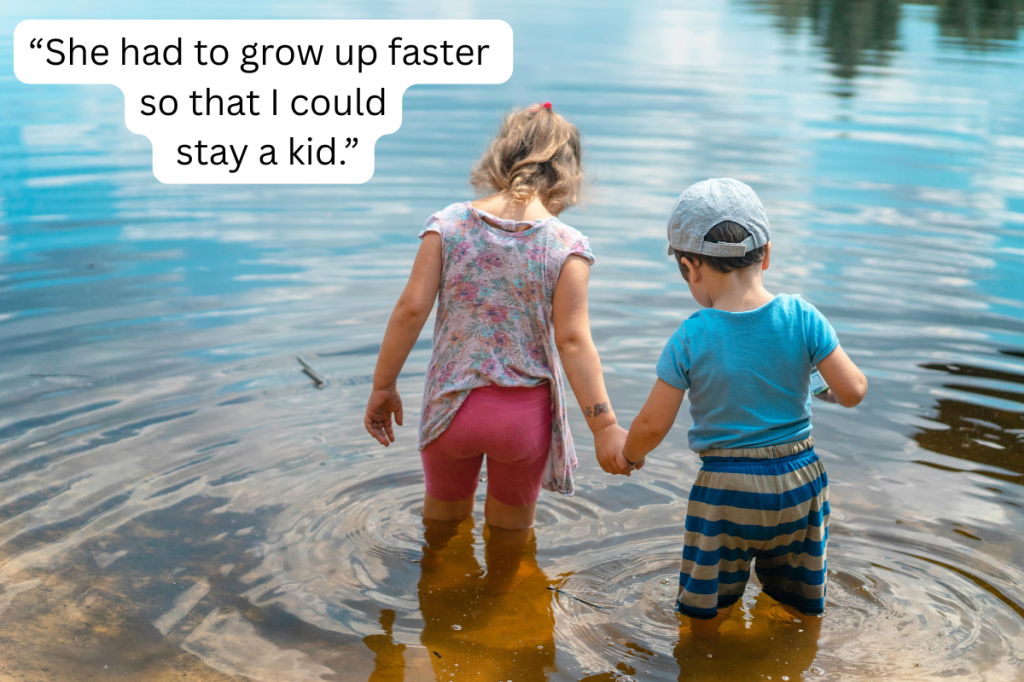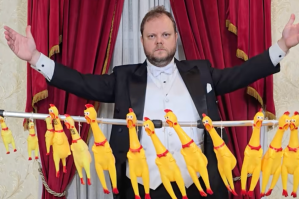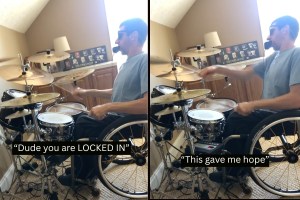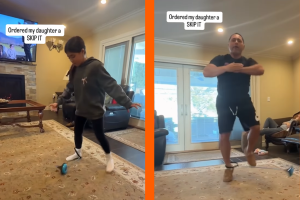It’s no secret that the field of mental healthcare attracts individuals who’ve received mental healthcare themselves. Most of us become therapists because we’ve either needed therapy or benefitted from it. (Or both!)
I’m a child and family therapist. I also happen to have my own mental illness.
While some may argue that my mental illness impacts my work in a negative way, I believe it provides me with additional insight and skill. I’m a therapist with mental illness and, while my work is challenging, I’m better because of it.
The truth is, mental illness runs in most families. But in mine? It sprints. From relatives in prison to alcoholism, I’ve got it all in my lineage.
Jealous? Don’t fret, you probably have it too, even if you’re blissfully unaware.
Current theories state that most of us have a genetic tendency toward mental illness imprinted in our DNA.
But it’s our environment and experiences that determine whether or not those tendencies are ever activated.
These “switches” get activated by what we refer to as adverse childhood experiences (or ACES). When we have a high number of ACES, we are more likely to suffer from addiction, maladaptive behavior, and mental illness.
I have a high ACES score. I am reminded of this every time I go to a training on trauma (which is often, since I am, after all, a trauma therapist).
I go through bouts of depression and occasional anxiety and have recovered from an eating disorder, but what’s pervasive for me is my complex post-traumatic stress disorder (C-PSTD).
How does this manifest?
I have an addictive personality. I am sometimes a control freak. I often want to plan my every waking — and sleeping, to be honest — moment down to the minute. I demand consistency from my loved ones and flip out on them if they fail to meet my standards.
I have sensory processing issues that leave me unable to function at Wal-Mart on a crowded Sunday afternoon (as in, I’ve left a full cart of items in the middle of the store and ran for the door, tears streaming down my face).
I have mood swings and migraines. I have somatic symptoms, including eczema and fatigue. When engaged in conflict, I tend to cry and shut down, running away from conversations that could help me grow if I just gave myself a chance.
So I’m complicated to love (and even to be around!) much of the time. But you know what else?
I’m compassionate as f*ck to any, all, and every being on this earth.
I feel your pain, your dog’s pain, the pain of the bug under your shoe — I feel all of it. Sometimes I feel pain so you don’t have to.
I can carry and navigate an emotional load bigger than a boulder, all while multitasking personal and professional responsibilities.
This means, as a therapist, my mental illness has provided me the tools to work through feelings with my clients.
While I don’t always allow their emotions to permeate me, I am always comfortable with the uncomfortable in my space.
That means my clients can feel safe feeling even the most difficult of emotions with me, in front of me, alongside me.
I can alter my approach to facilitate regulation and safety when emotions feel out of control and/or I can create a sort of feelings vacuum wherein a client feels safe to venture outside the lines of what they usually tolerate. They can then express the full range of a feeling to experience true processing of their trauma.
Practically speaking, I have self-care and coping skills coming out my ears and am happy to help clients learn to use journaling, yoga, creating a support system, mindfulness, art, and a hundred other skills to start feeling better in their daily life from the moment they walk through my door.
The most valuable thing about being a therapist with mental illness is that I get it.
I know how desperate you feel to change your life while you seem paralyzed and unwilling to do anything different. I understand how intimidating both therapy and emotions can be when you’ve experienced trauma. I know that not all trauma is war-zone, house-burning-down stuff, and I believe clients when they tell me they’ve experienced traumatic things, no matter how small or insignificant they’ve been told those things are.
And, by tapping into my own experiences, I can help my patients cope with, accept, or overcome their issues — maybe even better than I could without my mental illness.
This story originally appeared on Ravishly and is reprinted here with permission. More from Ravishly:





























